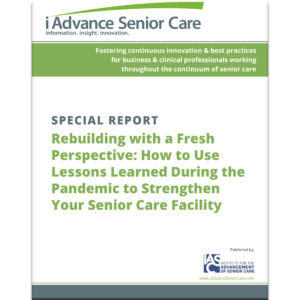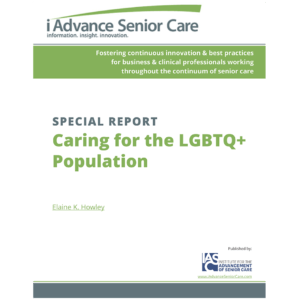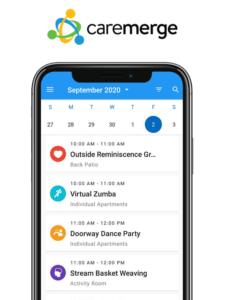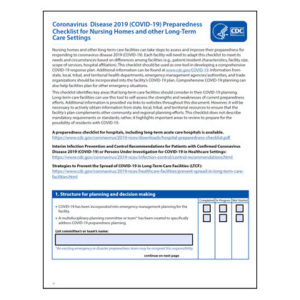1 in 5 SNF residents involved in aggressive, nasty behavior: Cornell study
More skilled nursing facilities (SNFs) are having to deal with a different form of elder abuse—residents who display hostile, aggressive and inappropriate behavior to each other, says a new study from Cornell University.
Nearly 20 percent of the 2,200 residents surveyed across 10 different nursing homes reported being involved in a hostile, resident-to-resident encounter during a four-week period, according to study results presented at the 2014 Gerontological Society of America symposium.
The study identified four primary categories of aggressive and inappropriate behaviors, as noted by residents:
- Verbal incidents (cursing, screaming or yelling at another person) – 16 percent
- Unwelcome entry into private room or handling personal possessions without permission – 10.5 percent
- Physical incidents (hitting, kicking or biting) – 5.7 percent
- Sexual incidents (exposing one’s genitals, touching other residents inappropriately, or attempting to gain sexual favors) – 1.3 percent
"This is the first study to directly observe and interview residents to determine the prevalence and predictors of elder mistreatment between residents in nursing homes," said Karl Pillemer, PhD, a gerontology professor in medicine at Weill Cornell Medical College and the director of the Cornell Institute for Translational Research on Aging, in a university announcement. "The findings suggest that these altercations are widespread and common in everyday nursing home life. Despite the acute urgency of the problem, resident-to-resident mistreatment is under-reported. Increased awareness and the adoption of effective interventions are greatly needed."
Residents who tended toward aggressive behaviors were often younger, ambulatory and somewhat cognitively impaired compared to other resident neighbors, the study found. Women could be just as nasty as men.
"We urgently need strategies to address this under-recognized problem, which affects fully one-fifth of all residents, erodes their quality of life, and is stressful for staff to manage," said Mark Lachs, MPH, professor of medicine at Weill Cornell Medical College and co-author of the study.

Pamela Tabar was editor-in-chief of I Advance Senior Care from 2013-2018. She has worked as a writer and editor for healthcare business media since 1998, including as News Editor of Healthcare Informatics. She has a master’s degree in journalism from Kent State University and a master’s degree in English from the University of York, England.
Related Articles
Topics: Executive Leadership , Risk Management , Staffing











